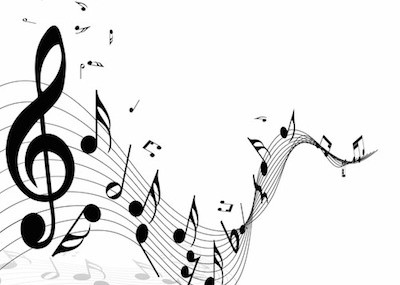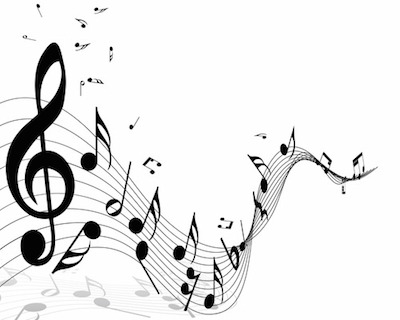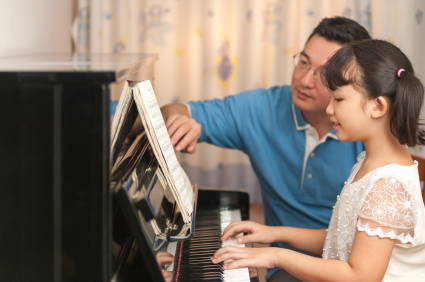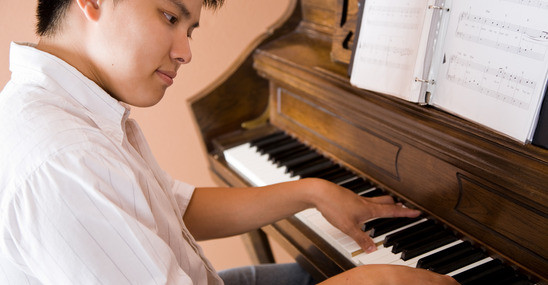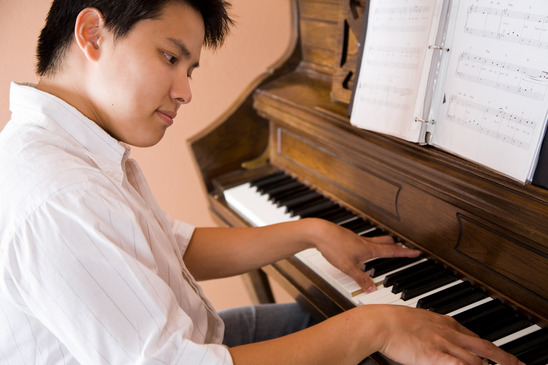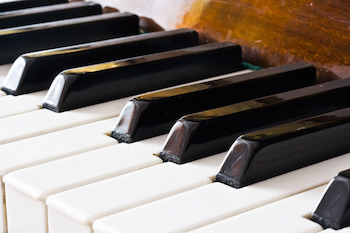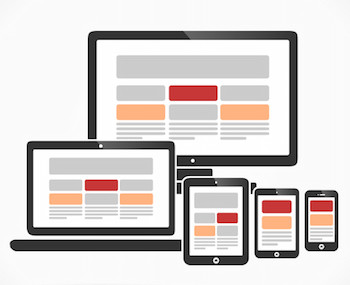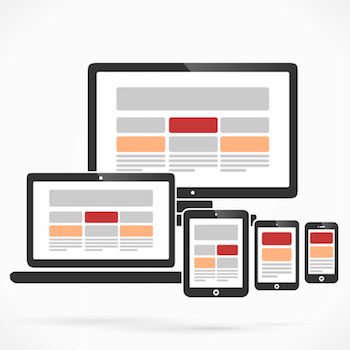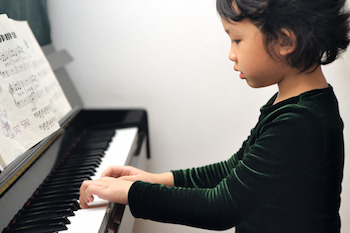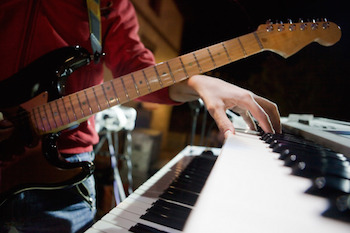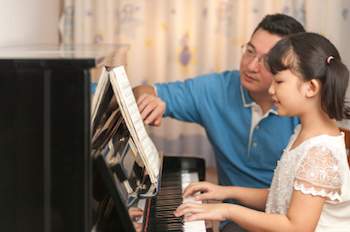Teaching piano involves a variety of things. Yes, it starts by knowing how to play the piano; a good teacher has to be good at playing. But a good piano doesn’t necessarily have to be a concert pianist. A good teacher must appreciate and enjoy the challenges of helping their students learn how to master the piano. They have to be able to give their students an appreciation and love of the instrument.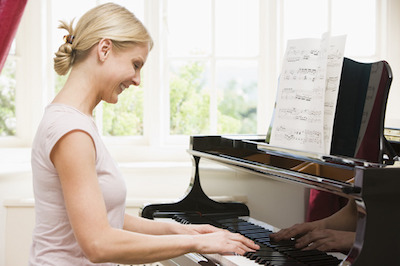
In most cases, when a parent looks to find a piano teacher for their child, they have a few goals in mind. They rarely say “I would like my child to become a concert pianist”. Instead, they simply want to give their child the benefits of having a deeper appreciation for music, for the arts, and a way of relaxing after a long day of activities.
The most obvious place to start is with purchasing a piano. In order to give your students every advantage of loving to play and loving to learn, the quality they play on has to be top notch. Why do you play the piano you do? What qualities do you look for in a piano? Many students and their parents will look to you for guidance in selecting their own piano.
From there, every music teacher has a different approach to teaching, depending on the style and methods they learned with. To appreciate music, a student must learn a variety of things.
- Keyboard and Fingering – simple exercises can help students learn keys and patterns. This is where scales become valuable. It helps a student learn majors and minors and how they sound when played together.
- Music Reading – a good method book can help a student sight-read music. Care should be taken so a student doesn’t switch to memorization or playing by ear, and truly learns to read music.
- Learning and Memorization – playing the piano well means practicing again and again. There is a skill to memorization; teachers can help them develop the skill and use it for concerts and recitals.
- Music Theory – usually for more advanced students that are thinking of making music a career, theory can help develop an appreciation for developing their own music. It can help reinforce music and playing, things they should already love.
If you’re ready to inspire your kids for a lifetime love of music, introduce them to the art of piano playing today.
